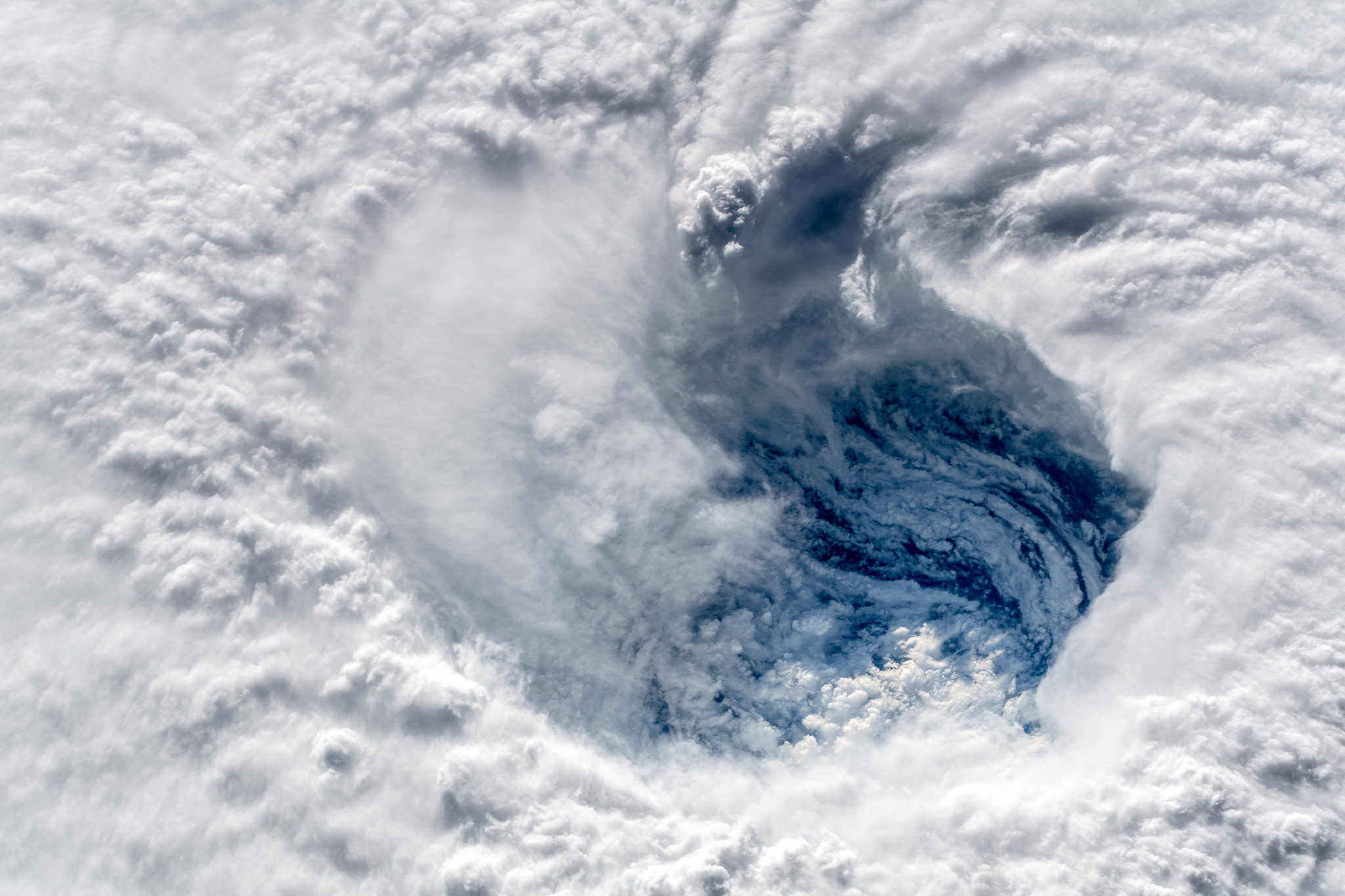National Hurricane Preparedness Week: Let’s get ready!

I live in Texas, and our state just had its annual “Emergency Preparation Supplies Sales Tax Holiday,” when certain emergency preparedness supplies are tax-free. Over this past weekend, Texans were encouraged to buy batteries, first aid kits, fuel containers, axes, flashlights and even portable generators to prepare for what could affect us along the Gulf Coast as hurricane season ramps up soon.
Though I didn’t need to stock up on any of my personal emergency supplies, the advertisements about this Texas tax-free weekend reminded me that the week of May 1-7 is National Hurricane Preparedness Week. I have some thoughts.
Now, I may operate a bit differently than some of you, given the nature of my everyday work, but during this preparedness season, I seek out information about what to expect. It didn’t surprise me that meteorological experts think this year will be more active than usual (don’t they say this every year, though?) We can expect 19 named storms with nine hurricanes – four of them are expected to be a category three or higher. An average season has 14 named storms, about seven hurricanes and three of them major. This busier season reflects a trend we’ve seen for quite some time. Last year, we had 21 named storms!
What should you do to prepare during this National Hurricane Preparedness Week?
Here are some suggestions from this expert (who’s now lived through a few and works with grantee partners who’ve lived through even more):
- If you live in an area likely to be affected by a hurricane, prepare an evacuation plan now. And consider your neighbors, too. Do they have plans? Is it feasible for your disabled or elderly neighbor to evacuate? Can you be helpful in advance to others? And be sure to share your plan with family and friends, so they know what to expect should a hurricane hit.
- Have a disaster kit ready to go. And while you’re at it, help others get their kits ready to go, too. Not everyone can afford to buy – or take time off work to buy – what they may need to stay safe in the face of long-term impact. Some things to include in a kit are nonperishable food and water, a hand-powered can opener, flashlights, batteries, car keys, extra prescription medications and battery-operated radio. Also, make sure your car is full of gas and that you have charging cords for your phone and other devices in the vehicle.
- Please, don’t forget about your pets. Have a kit ready for them, and make sure they are welcome at your planned evacuation site.
- Prepare yourself in case you’ll have to shelter in place. Your disaster kit will be helpful. Have plans, though, for moving things to higher ground and living in a place without electricity or access to fresh water.
- Make a checklist to ensure you don’t forget anything in the stress of the moment. Have that checklist accessible and go over it in advance.
- If your resources are tight, and you don’t have the ability to do the above-mentioned things, seek help in advance. There are organizations that provide disaster kits and access to basic needs to help those who might not otherwise have the means to prepare. There are government agencies and nonprofit organizations that provide shelter and evacuation help in the communities they serve. Learn about who works in your area.
- And most importantly, when authorities warn of a threat, take that threat seriously. Listen to what they say and take appropriate action to be safe.
Hurricane season is almost upon us. Let’s do what we can to stay as safe as we can. And when communities are affected, let’s all come together to help them recover equitably. Share on X Through CDP’s Atlantic Hurricane Season Fund, donors can help communities devastated by hurricanes recover equitably.
